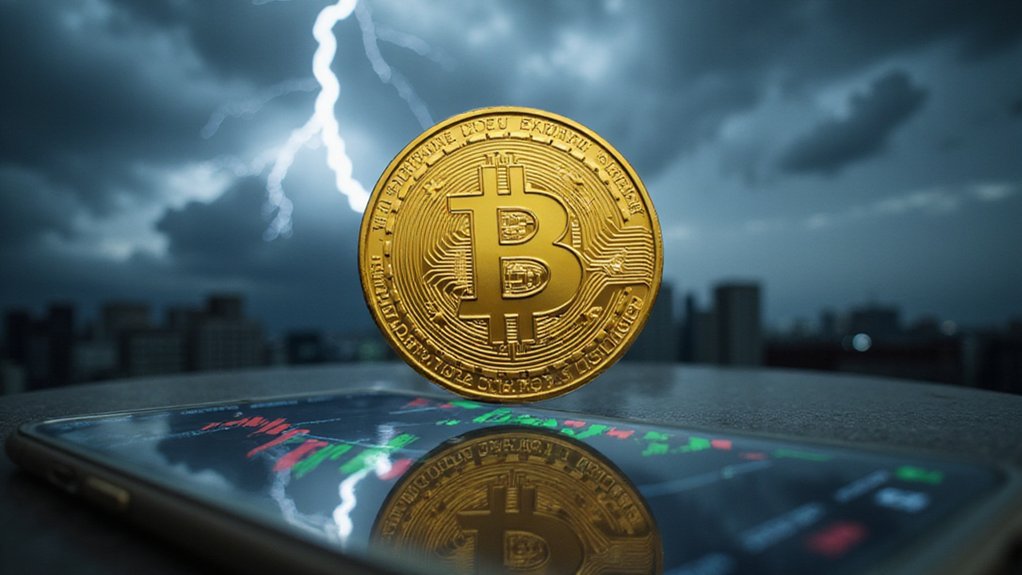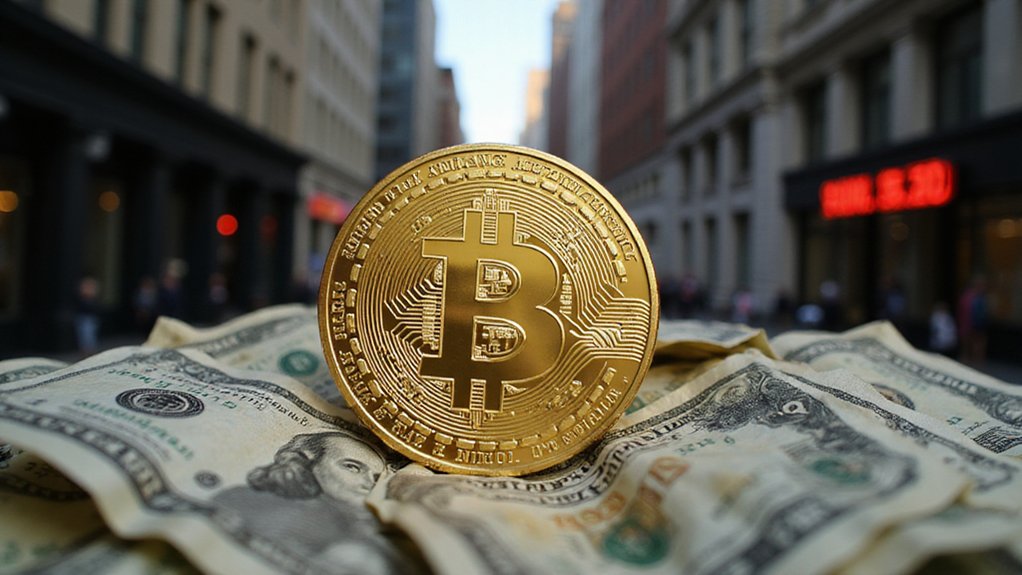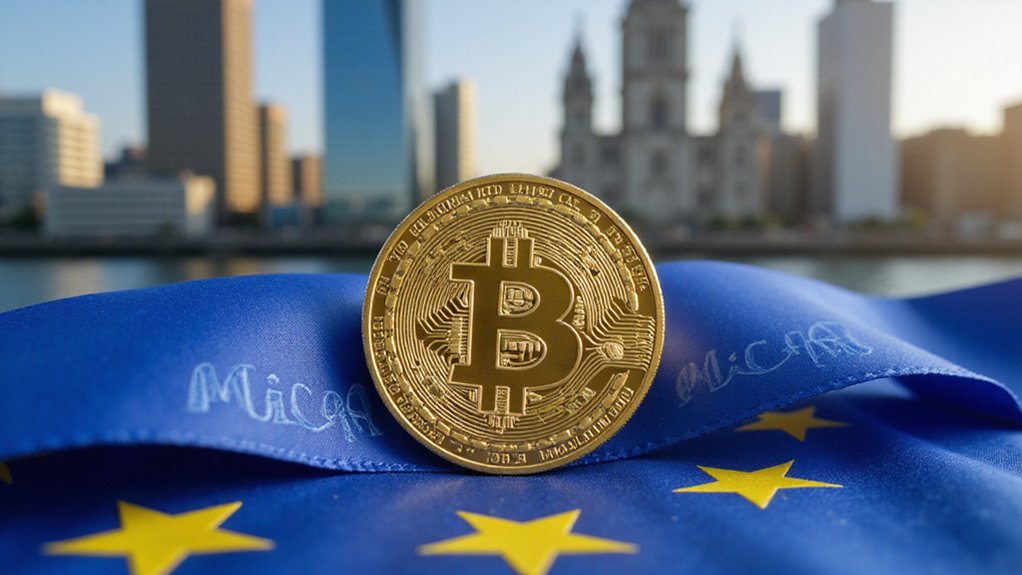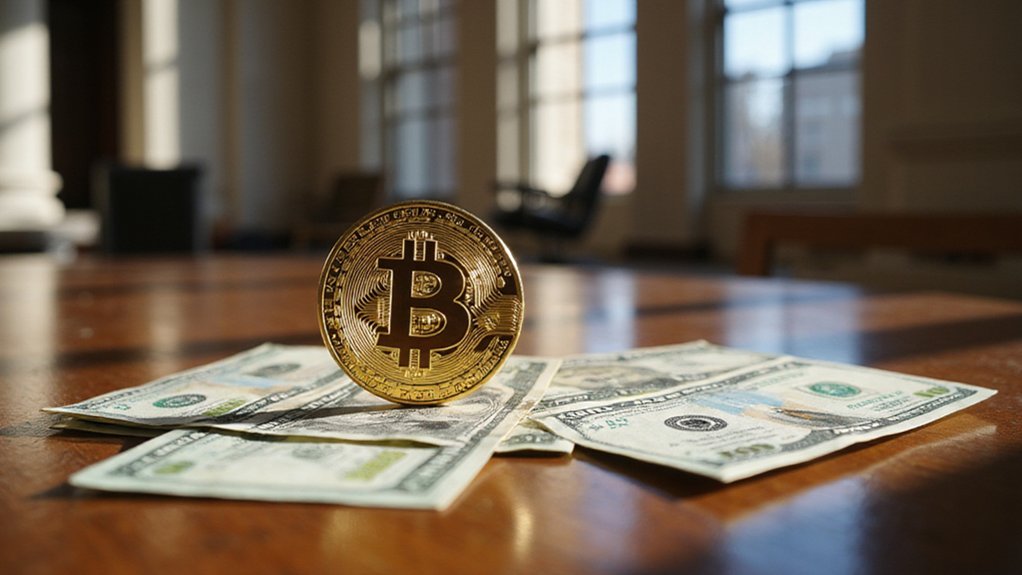Turkey has initiated an ambitious regulatory crusade that transforms its cryptocurrency landscape from a digital Wild West into something resembling a heavily fortified financial fortress—complete with moats, drawbridges, and what can only be described as bureaucratic sentries demanding papers at every turn.
Turkey’s crypto regulations have erected a bureaucratic fortress where digital cowboys must now present their papers to financial sentries.
The Capital Markets Board (CMB) now requires Crypto Asset Service Providers (CASPs) to obtain licenses while establishing themselves as joint-stock companies with fully paid shares registered by name—because apparently, anonymity is so last decade.
The financial barriers alone would make Croesus wince: exchanges must pony up 150 million Turkish lira (~$4.1 million) in minimum paid-in capital, while custodians face a staggering 500 million lira (~$13.7 million) threshold. These aren’t suggestions—they’re regulatory commandments carved in bureaucratic stone, alongside stringent founder qualifications that demand financial integrity and pristine legal records.
Turkey’s approach to transaction monitoring makes panopticon surveillance look quaint. Identity verification kicks in at transactions exceeding 15,000 lira (~$425), implementing the “travel rule” with religious fervor.
CASPs must maintain exhaustive transaction logs covering types, volumes, prices, and fees—even failed transactions receive this meticulous documentation treatment, because evidently nothing escapes the regulatory gaze.
The withdrawal choreography resembles an elaborate dance of delays: 48-hour holds for standard withdrawals, 72 hours for virgin accounts making their inaugural extractions. Daily stablecoin caps sit at $3,000, expanding to $6,000 for platforms achieving full KYC compliance—a carrot-and-stick approach that rewards regulatory obedience with marginally increased financial freedom.
These measures ostensibly target money laundering and illegal betting while preserving legitimate crypto usage, though the distinction sometimes blurs under bureaucratic weight. Despite the regulatory intensity, Turkey maintains that cryptocurrencies remain legal to hold and trade within this new framework. Platforms must maintain liquidity reserves of 3% of customer assets under custody to ensure operational stability.
The CMB’s expanded enforcement authority transforms CASPs into reluctant crime-fighting partners, subject to regular inspections by both the board and TÜBİTAK, Turkey’s scientific research council. While major cryptocurrencies like Bitcoin and Ethereum continue to dominate global markets through their substantial investor interest, Turkey’s regulatory framework creates unique operational challenges for local platforms handling these assets.
Cross-border payments now navigate labyrinthine compliance requirements that prioritize transparency over efficiency. While Turkey claims to balance illicit activity prevention with legitimate market growth, the regulatory framework’s complexity suggests that bureaucratic thoroughness may have trumped practical accessibility—creating a system where compliance costs often exceed the transactions themselves.









